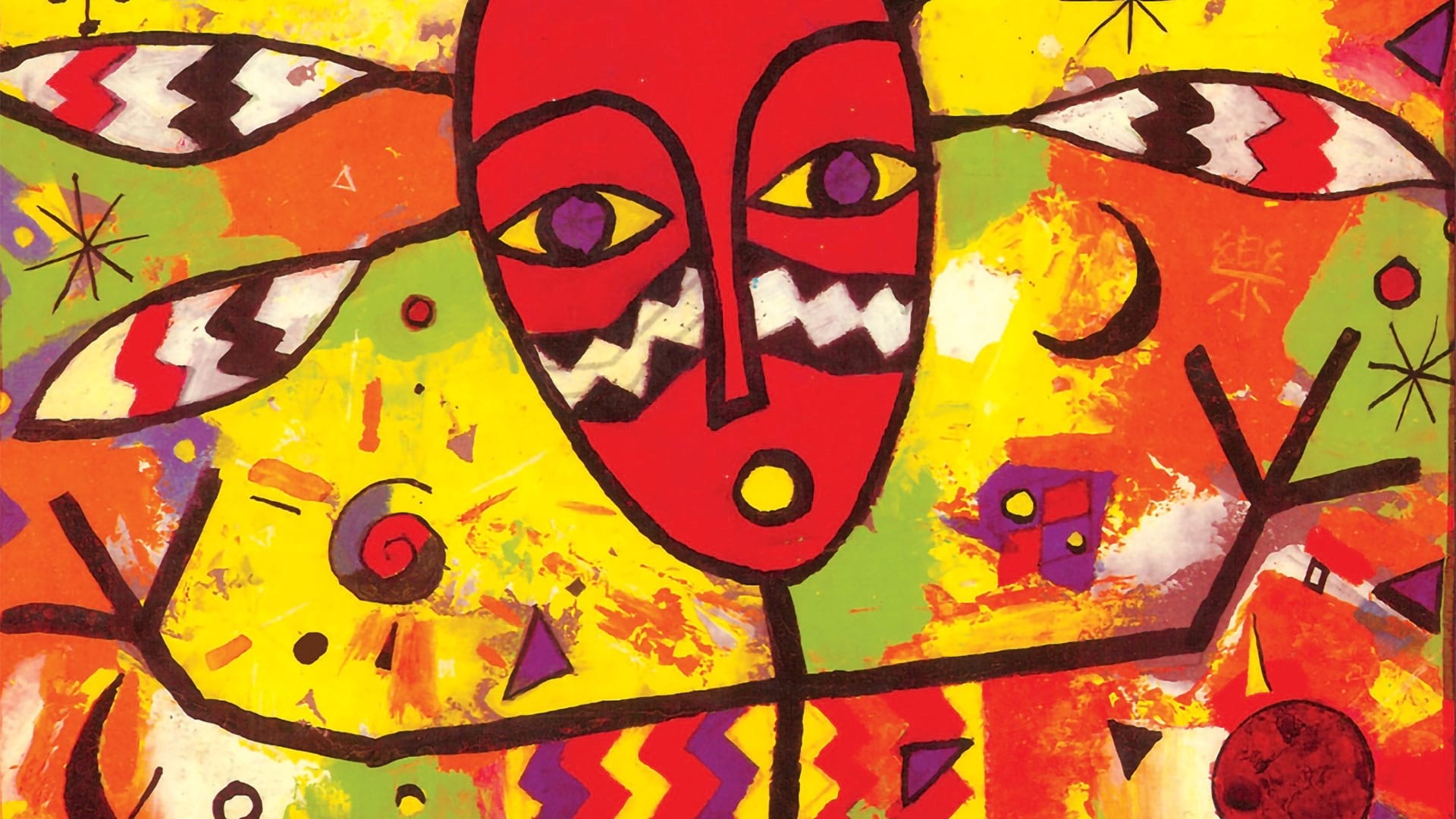The music was more important than the ideology. Besides, the ideology wasn't well defined, causing a split between mockery and provocation. The beginnings of punk rock were so diverse that people would often say completely opposing things. And that was great. It created a democratic agora.
Robert Brylewski interview, Culture.pl, 2017
Polish punks ARMIA released their self-titled debut album on this day in 1988.
The movement started in Poland a little blind. I remember I found an article in 'Warsaw Life'. At the time, they were writing dreadful lies about punk rock in the West. A few truths were tangled up in there too, which interested me.
Robert Brylewski interview, Culture.pl, 2017
They wrote that punk songs are very short, rhythmic, with aggressive lyrics. I liked that. I really wanted to play music, but I was turned off by bands like Yes, full of blokes wearing flowing, sequined shirts, standing there in beams of light and singing about purple radiators in crimson skies. So I really wanted to discover this new music, which was simple, without overwrought metaphors. I was in my second year of high school and finally stumbled upon some CDs. One day, a friend and I dressed up so that there would be no doubt that we were punks. We put on old suit jackets, to which we'd stuck a bunch of safety pins and razor blades. We painted our eyes black up to our eyebrows, and we boldly stood under the Rotunda, waiting to make contact with someone. In a bit, a bloke in a leather jacket buttoned up to his chin started hanging around us. 'That's got to be a cop', I thought. Suddenly he comes up, unbuttons his lame coat, and under that, he has a thin tie covered in safety pins. 'Gentlemen, me too,' he said. 'Let's meet at Club Bolek'. That's how it started. There was no punk uniform à la 'Ramones and a mohawk' yet, just total freedom.
Robert Brylewski interview, Culture.pl, 2017
I sometimes worry when people try to show us as downtrodden, censured. That's far from the reality. We were active at a time when the party and the special forces were in such disarray that they couldn't handle us. [...] The tales of musical martyrdom from that time anger me. Even during martial law, despite the trauma, we had a wonderful time and adventure.
Robert Brylewski interview, Culture.pl, 2017

